Joaquin Phoenix in ‘Napoleon,’ premiering in theaters around the world on November 22, 2023.
Opening in theaters on November 22nd is Ridley Scott’s ‘Napoleon,’ starring Joaquin Phoenix, Vanessa Kirby, Tahar Rahim, Ben Miles, Rupert Everett, and Ludivine Sagnier.
Initial Thoughts
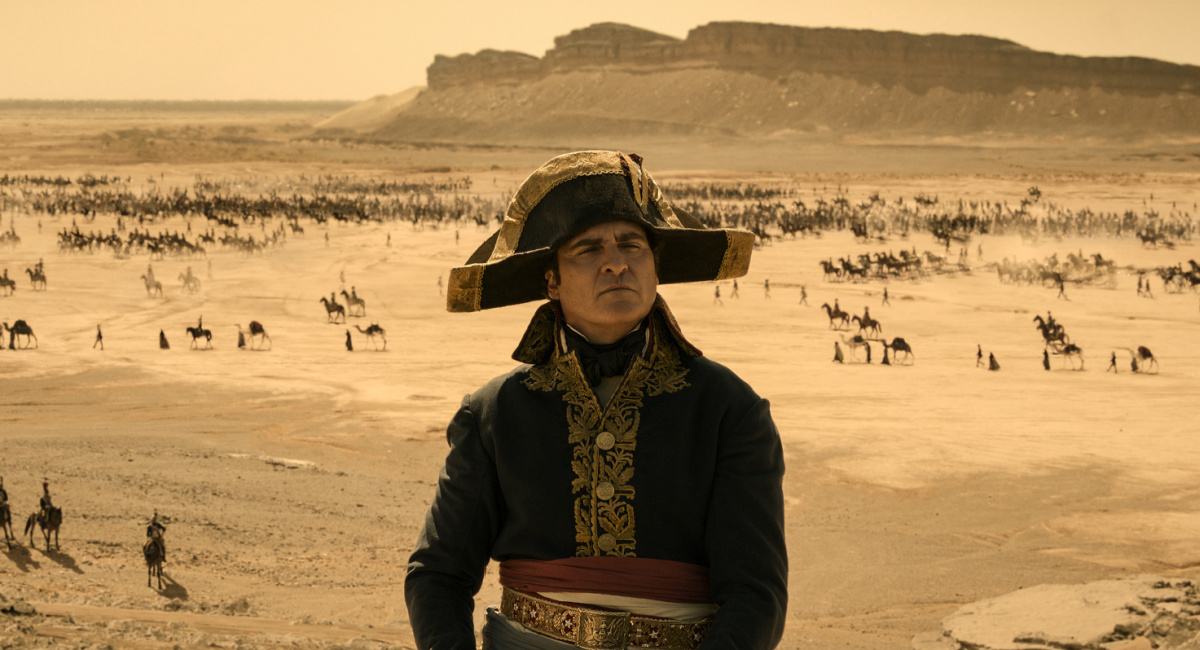
Joaquin Phoenix in ‘Napoleon,’ premiering in theaters around the world on November 22, 2023.
With most of his last decade’s worth of films – including ‘Exodus: Gods and Kings,’ ‘The Last Duel,’ ‘House of Gucci,’ and the upcoming ‘Gladiator 2‘ – director Ridley Scott seems intent on creating a series of historical epics both contemporary and classic. His new film, however, ‘Napoleon,’ may have exceeded Scott’s always admirable ambitions. The two-and-a-half-hour drama, does have a sense of grandeur and sweep, in addition to some intense battle scenes. But it suffers from an unwieldy script and a turgid central performance from Joaquin Phoenix as the French military leader and ruler, two elements which make this as dull as your junior year history class.
Related Article: ‘Napoleon’ Trailer
Story and Direction
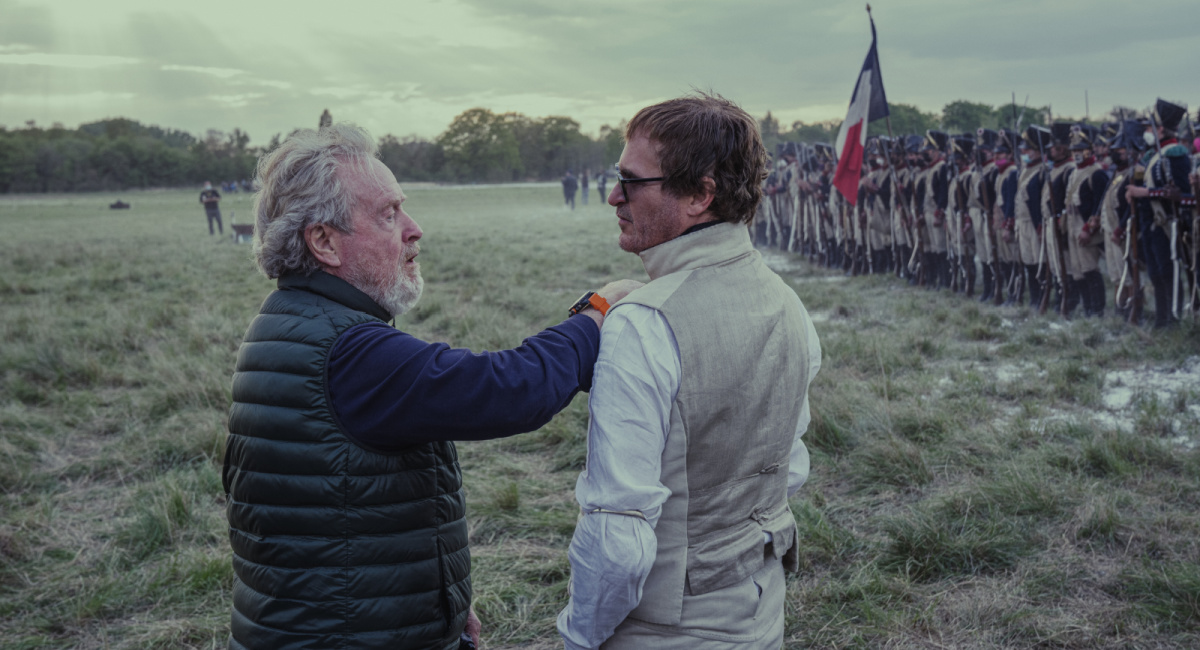
(L to R) Director Ridley Scott and Joaquin Phoenix behind-the-scenes of ‘Napoleon,’ premiering in theaters around the world on November 22, 2023.
‘Napoleon’ opens with the French Revolution and the beheading of Marie Antoinette, as David Scarpa’s script throws us right into the chaos that was France at the time (the late 1780s). Napoleon is first seen supporting the Revolution, then earning his initial success as a military strategist in the Siege of Toulon, in which he recaptured a small French town and port from the British.
We learn almost nothing about his early life, and right from the start, Joaquin Phoenix gives a reductive, stiff performance that borders on lethargy. He only comes faintly to life when he meets Josephine (Vanessa Kirby), a captain’s widow with children whom Napoleon courts and marries. Their relationship is meant to be the spine of the film, as Napoleon first professes his insatiable love for Josephine, only for her to cheat on him while he’s away on his military adventures and writing her letters every day. Although Kirby generates some heat, the chemistry between her Josephine and Phoenix’s Napoleon is nearly non-existent.
When the two leads are not sitting and staring at each other, ‘Napoleon’ wanders at an extremely leisurely pace through a checklist of the French ruler’s life: his continued success on the battlefield during the Revolutionary Wars, the end of the Reign of Terror and the overthrow of the French government, Napoleon’s rise to power and eventual crowning as Emperor, and his ongoing battles with England, Russia, Austria, and Prussia that eventually took a heavy toll on the French people and armies and led to his humiliating defeat against the English at Waterloo.
Many of these events come and go in assembly line fashion, and it’s not always easy to grasp their context or the dizzying array of wars, advisers, generals, and rivals that clock in and out of the story. While Napoleon’s machinations to make himself Emperor and the other political upheavals of the time could make for an interesting comment on our own turmoil today – Scott uses handheld cameras to capture several political riots, almost certainly an allusion to the attempted coup on our own government on Jan. 6, 2021 – that avenue is left largely unexplored as Scott meanders to the next thing.
Ridley Scott is an old-school director in ways that can be mostly positive when he’s on his game, in that he has a natural eye for the cinematic and always has a grasp on the geography of both his story and his set pieces. Indeed, the battle scenes in ‘Napoleon’ are massive, visceral, and dramatic, but the script is murky about the meaning and placement of each one.
By the time we get to the closing scenes, in which Napoleon tries to return to power in France after being forced to abdicate the throne – only to lose crushingly at Waterloo – even that legendary battle lacks resonance despite being the movie’s most gripping such sequence.
Napoleon and Josephine
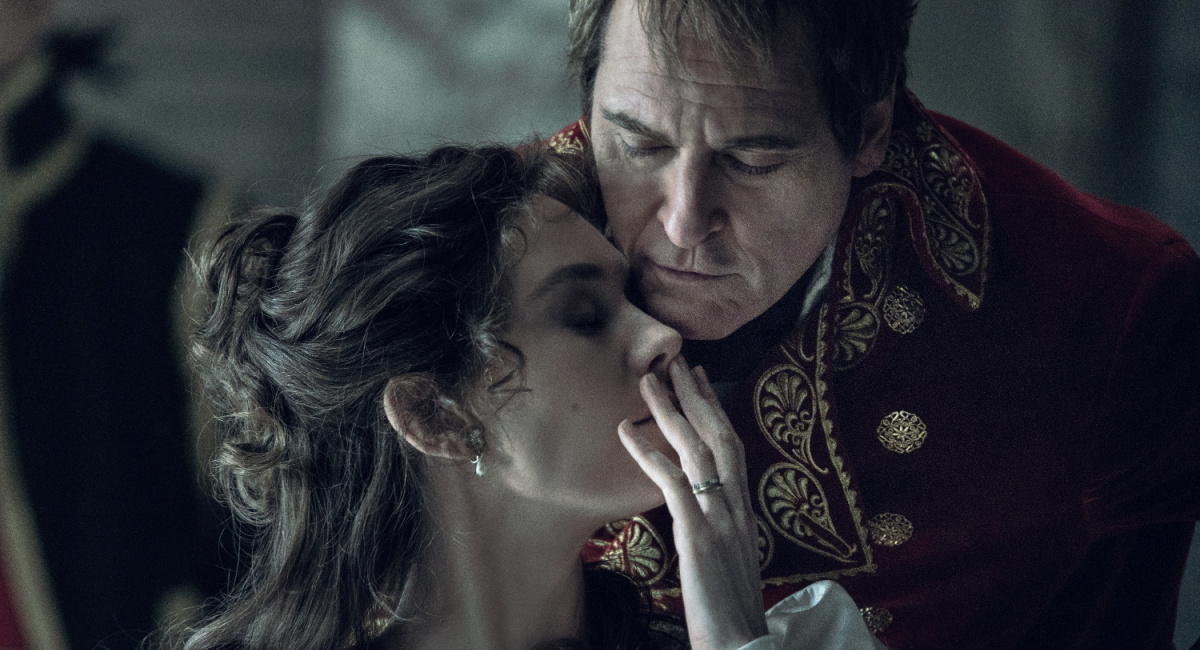
(L to R) Vanessa Kirby and Joaquin Phoenix in ‘Napoleon,’ premiering in theaters around the world on November 22, 2023.
“I am not built like other men,” Napoleon tells Josephine at one point in the film. “I am not subject to petty insecurities.” That line got a few chuckles at our screening because Napoleon is packed with such insecurities about his height, his sexual ability, his ability to keep his wife happy (although in the end he divorces her for not being able to produce an heir to the French Empire), and his leadership of France. The only place he seems to feel the most calm and confident is on the battlefield, where history tells us that the real man was one of the greatest military strategists of all time.
We do get to see a bit of that during the battle scenes in ‘Napoleon,’ but even that part of Bonaparte’s personality is subsumed behind Joaquin Phoenix’s thousand-yard stare of doom. Phoenix seems to be in a trap of his own making: it’s almost as if he’s continuing his performances as Arthur Fleck from ‘Joker’ and the title character from ‘Beau is Afraid,’ making Napoleon as repressed and withdrawn as those damaged men.
In other words, it’s another tepid performance from the actor who has been so great in films past, but who seems to be bringing his talent down to a low flame. He’s all over the place tonally as well, shouting random lines about a lamb chop or somebody’s boats as if he just woke up mad about the topic, and getting laugh lines in the oddest spots.
It’s almost a wonder that Vanessa Kirby can bring some much-needed vitality to the proceedings, but she does just that as Josephine. Initially flirtatious and seductive, yet always with an eye on the pragmatic (her marriage to Napoleon seems to be at least partially one of convenience), she creates real pathos during the divorce sequence, clearly hurt by her husband’s actions. She’s always understated, but never flat.
Editing, Production Design and Music
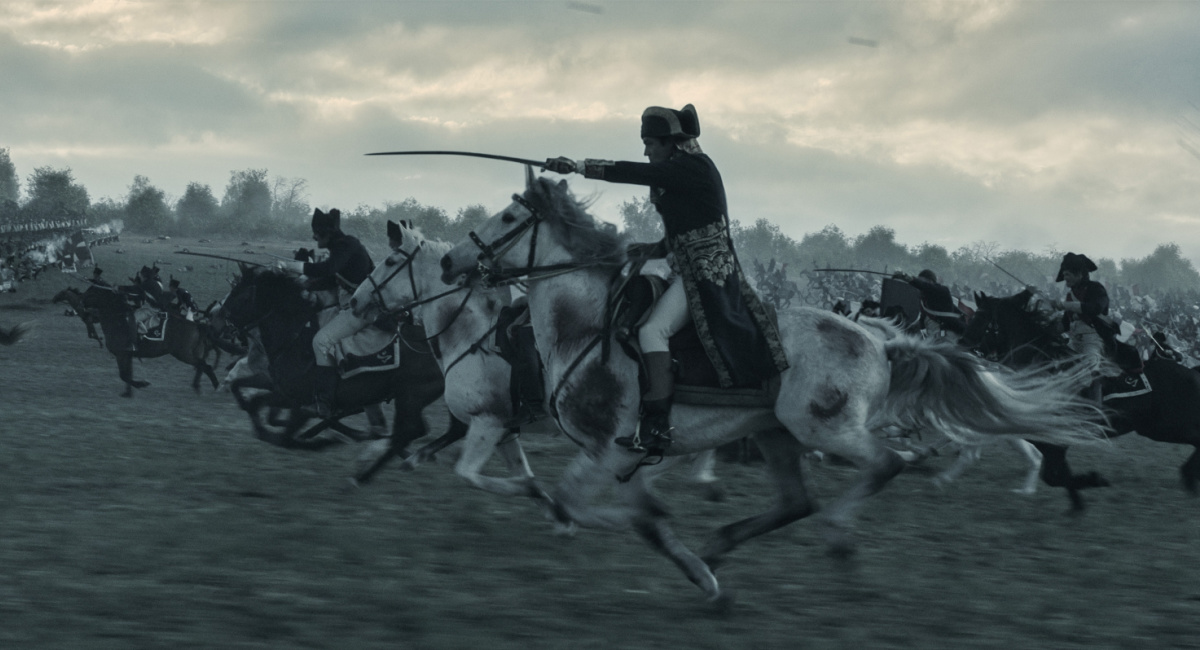
‘Napoleon’ premiering in theaters around the world on November 22, 2023.
‘Napoleon’ is edited by Claire Simpson and Sam Restivo, who don’t necessarily subscribe to the rapid-fire, slam-bang style of many modern editors and give scenes room to build and breathe. Yet as hard as they try (and sometimes succeed, as in some of the battle passages), they have a tough time mustering up energy out of the footage in ‘Napoleon.’
The production design by Arthur Max is simply superb, down to small details on Napoleon’s complex uniforms. But cinematographer Dariusz Wolski – who has been working with Scott since 2012’s ‘Prometheus’ – and his director have chosen to drape most of ‘Napoleon’ in dreary grays, blues, and browns, making much of it seem unnaturally dark. Martin Phipps’ music is fine and often striking, finding a balance between period music of the time, large orchestral pieces and eerie choral moments.
Final Thoughts
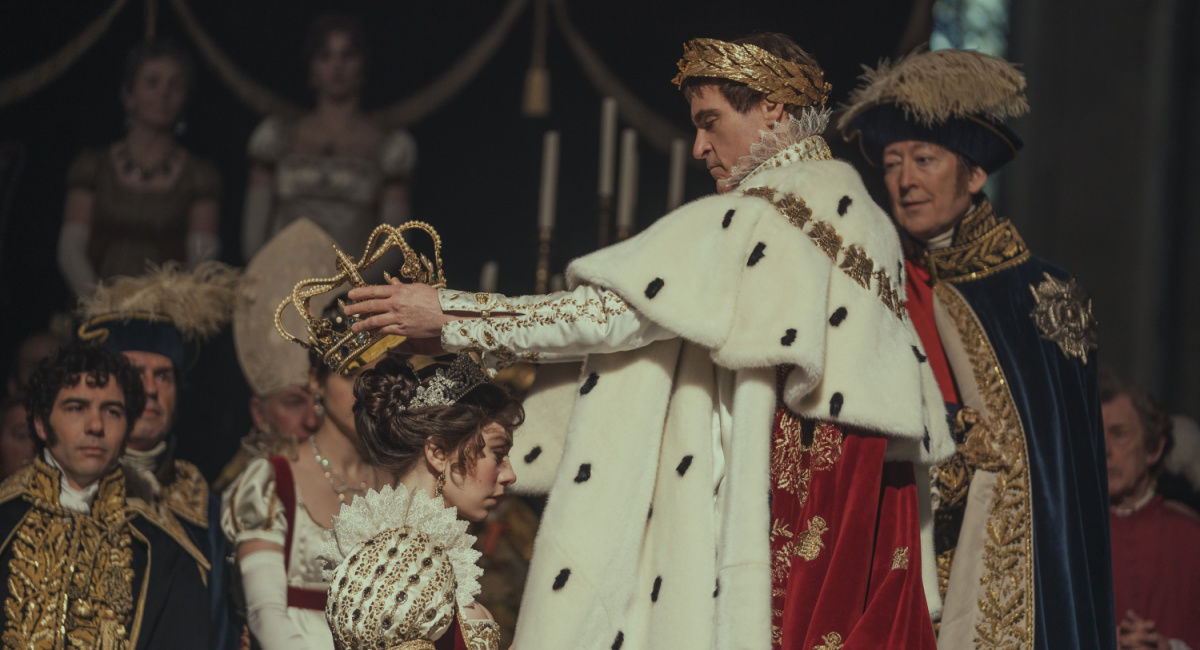
(L to R) Vanessa Kirby and Joaquin Phoenix in ‘Napoleon,’ premiering in theaters around the world on November 22, 2023.
It’s difficult to say whether audiences will respond to a movie like ‘Napoleon’; Ridley Scott’s previous, far superior historical drama, ‘The Last Duel,’ was quickly and ruthlessly cut down in theaters. But anyone willing to give ‘Napoleon’ a try is going to certainly find the film a challenge. It’s long, slow, fairly tedious for great stretches, and while its subject is one of the most compelling and controversial in European history, Joaquin Phoenix does little to help us understand him. The battle scenes and Vanessa Kirby’s work are often exciting, but not enough to make us think that ‘Napoleon’ – a film that even Stanley Kubrick could never get off the ground – will wear the box office crown.
‘Napoleon’ receives 4 out of 10 stars.
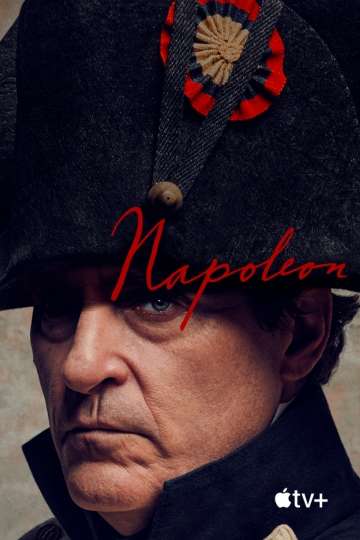
“He came from nothing. He conquered everything.”
A personal look at the French military leader’s origins and swift, ruthless climb to emperor, viewed through the prism of Napoleon’s addictive, volatile relationship… Read the Plot
What is the plot of ‘Napoleon’?
As the French Revolution comes to a close but France itself finds itself besieged by endless wars with its European neighbors and political turmoil within, a master military strategist named Napoleon Bonaparte (Joaquin Phoenix) ascends to the highest echelons of power and makes himself Emperor – driven by his love for France and for his Empress, the enigmatic Josephine (Vanessa Kirby).
Who is in the cast of ‘Napoleon’?
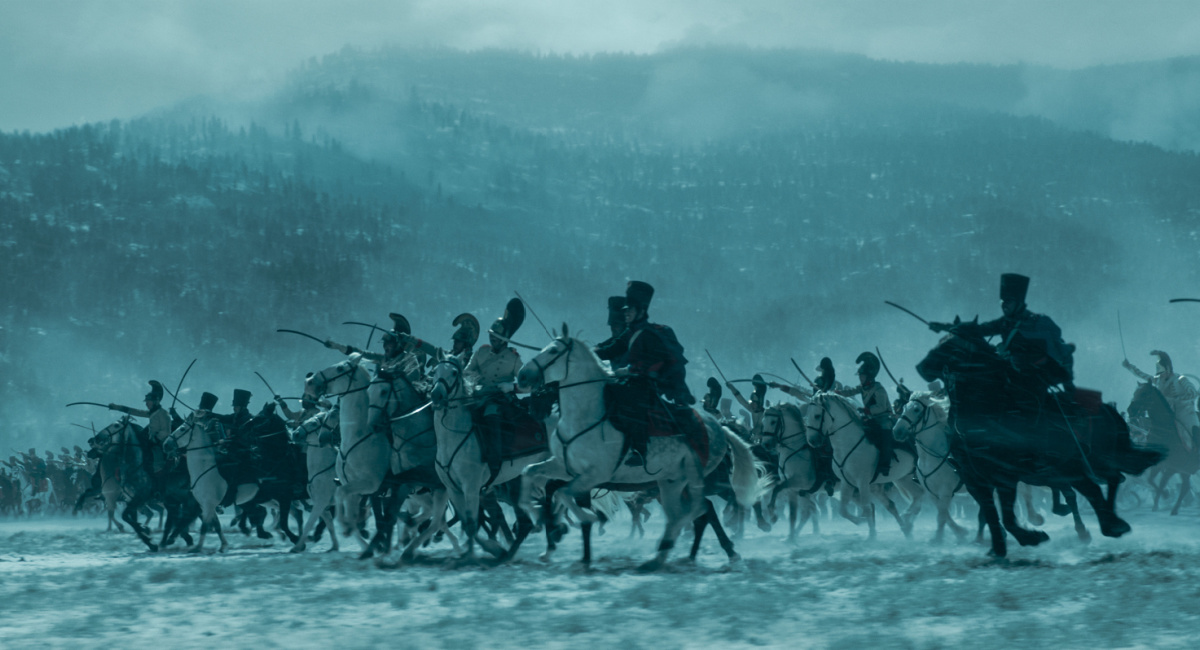
‘Napoleon’ premiering in theaters around the world on November 22, 2023.
Other Movies Similar to ‘Napoleon’:
Buy Ridley Scott Movies On Amazon
‘Napoleon’ is produced by Scott Free Productions, Latina Pictures, and Apple Studios. It is scheduled to release in theaters on November 22nd, 2023.



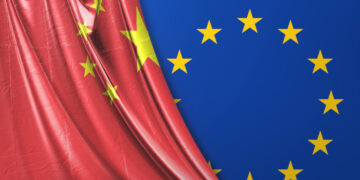


















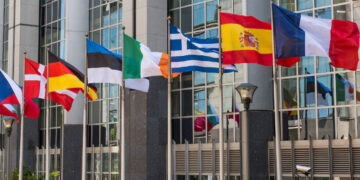


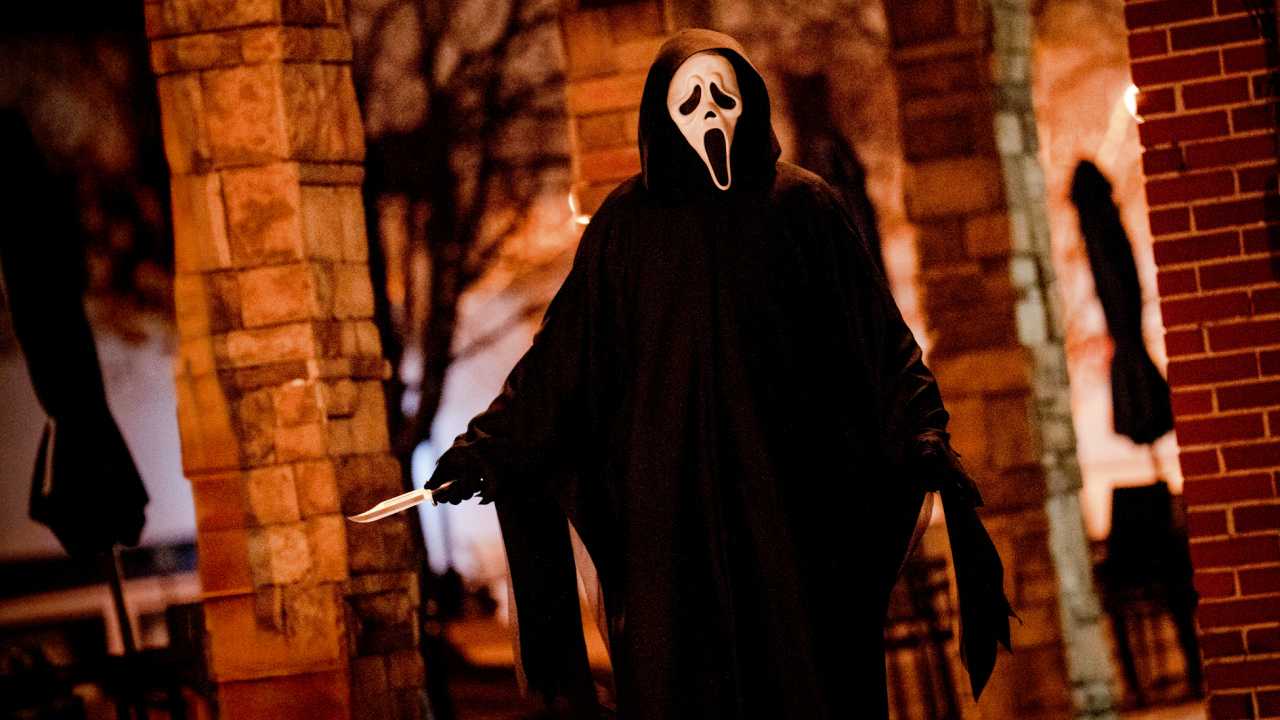
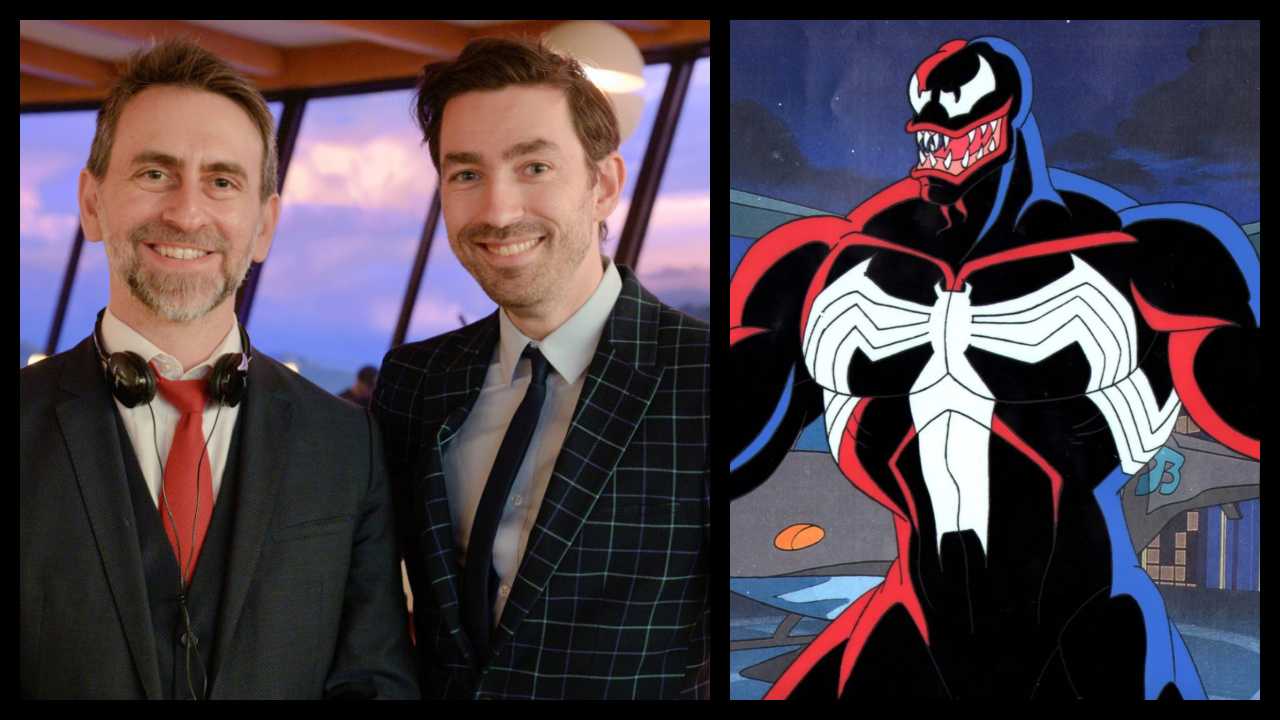
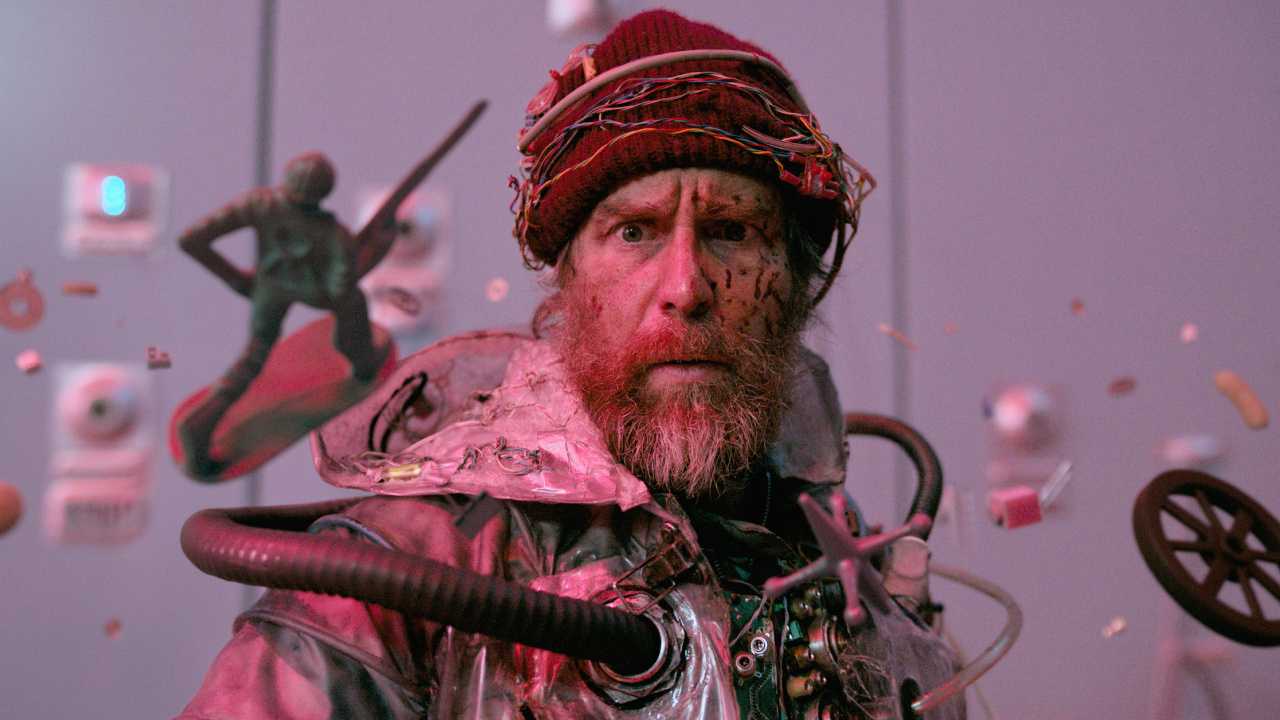
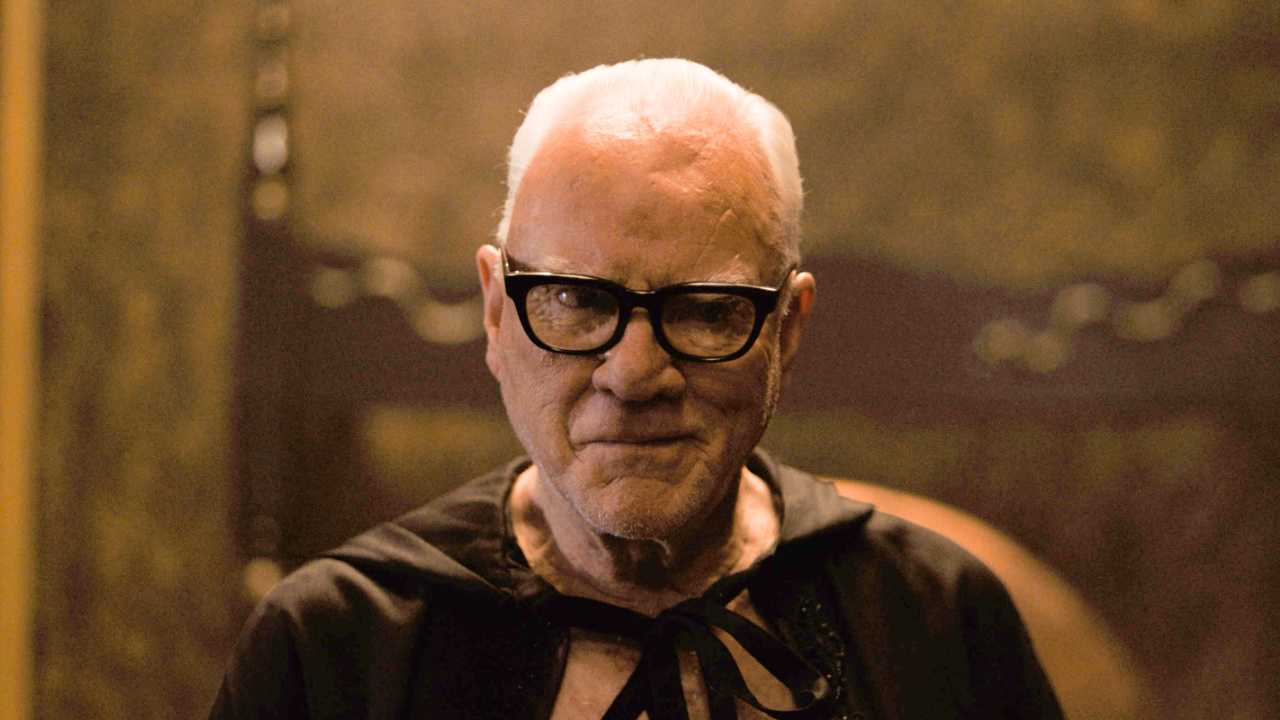
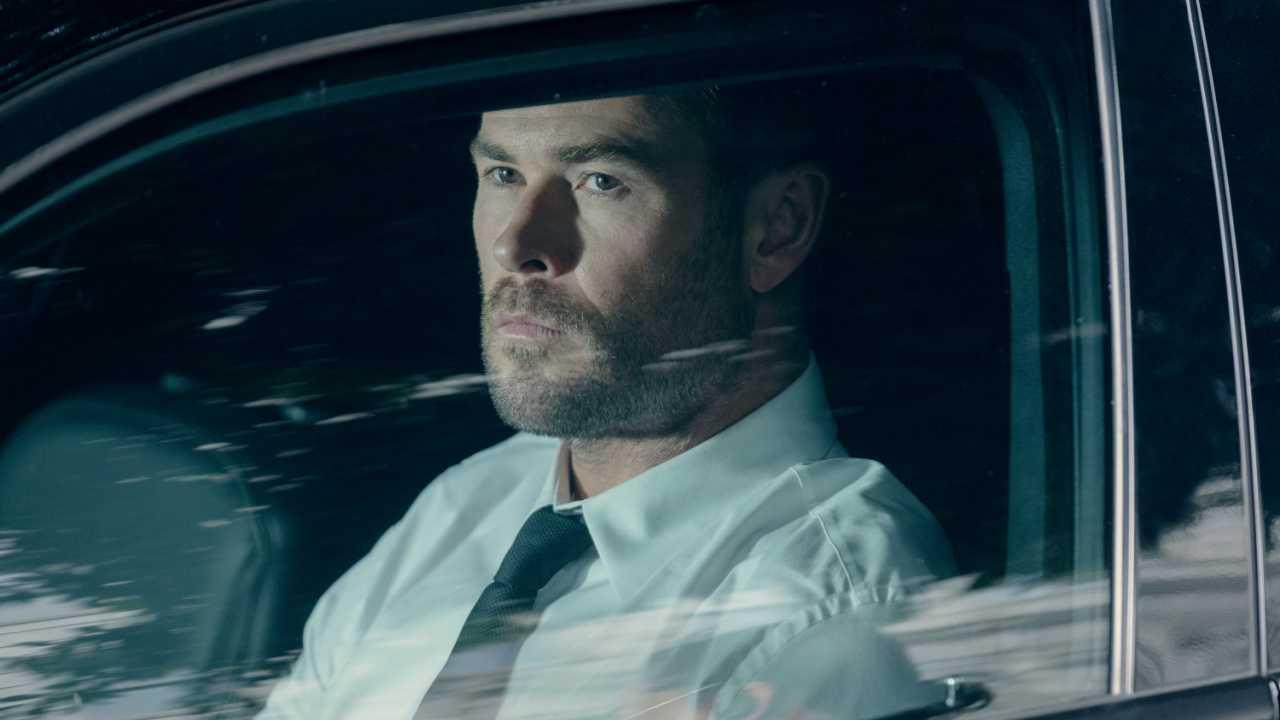


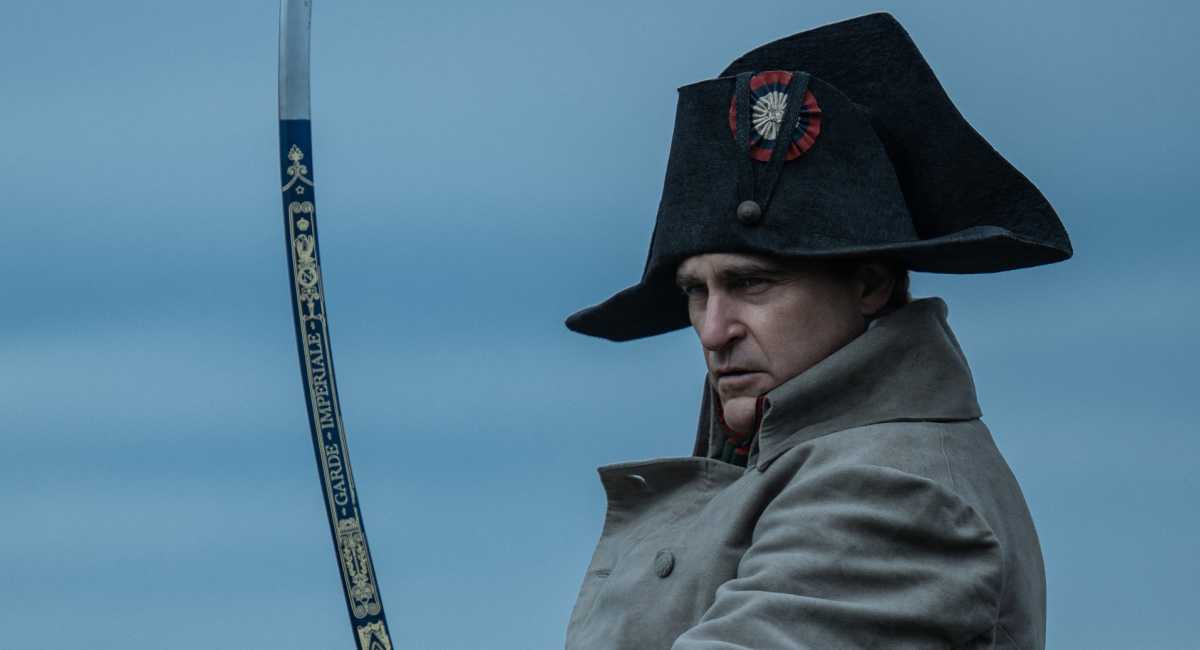
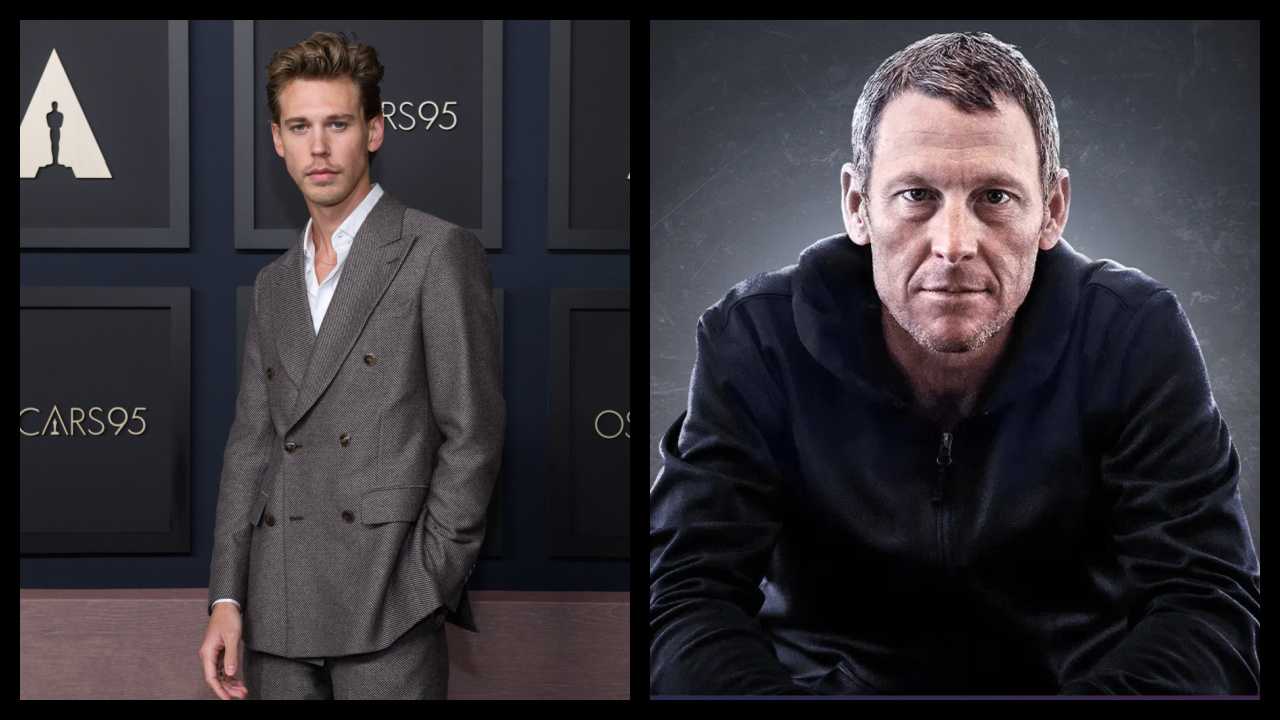
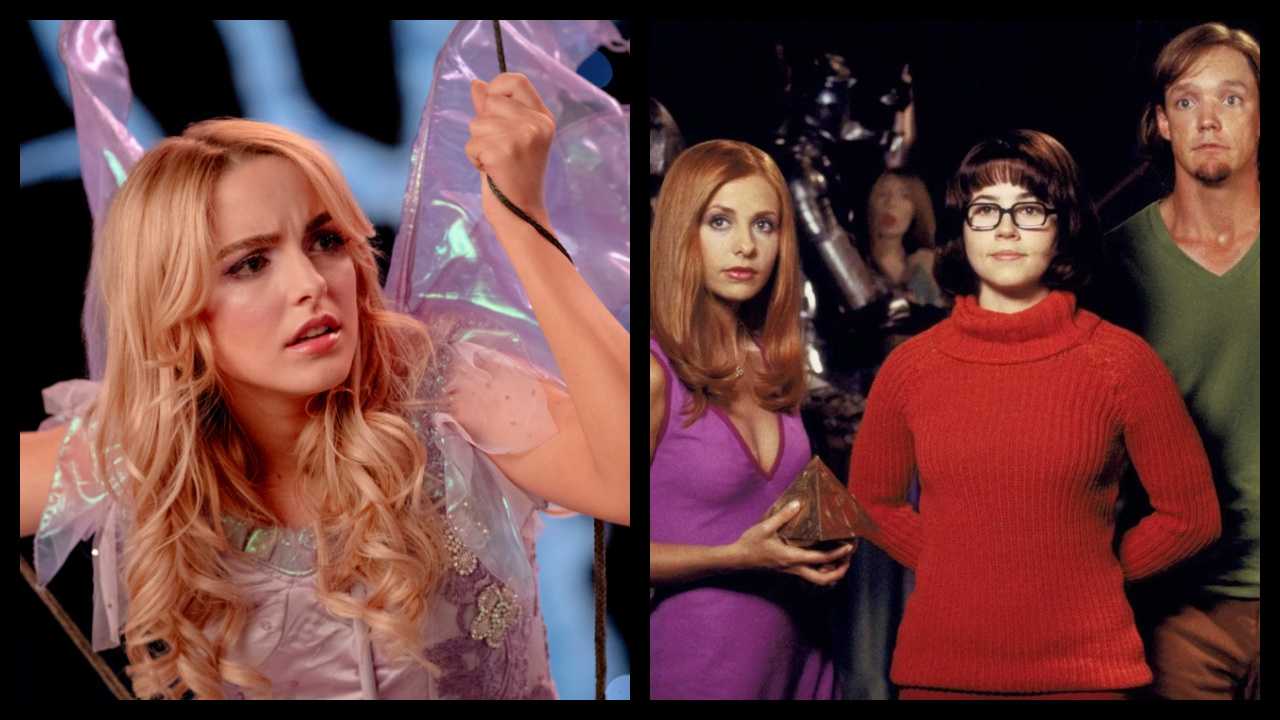


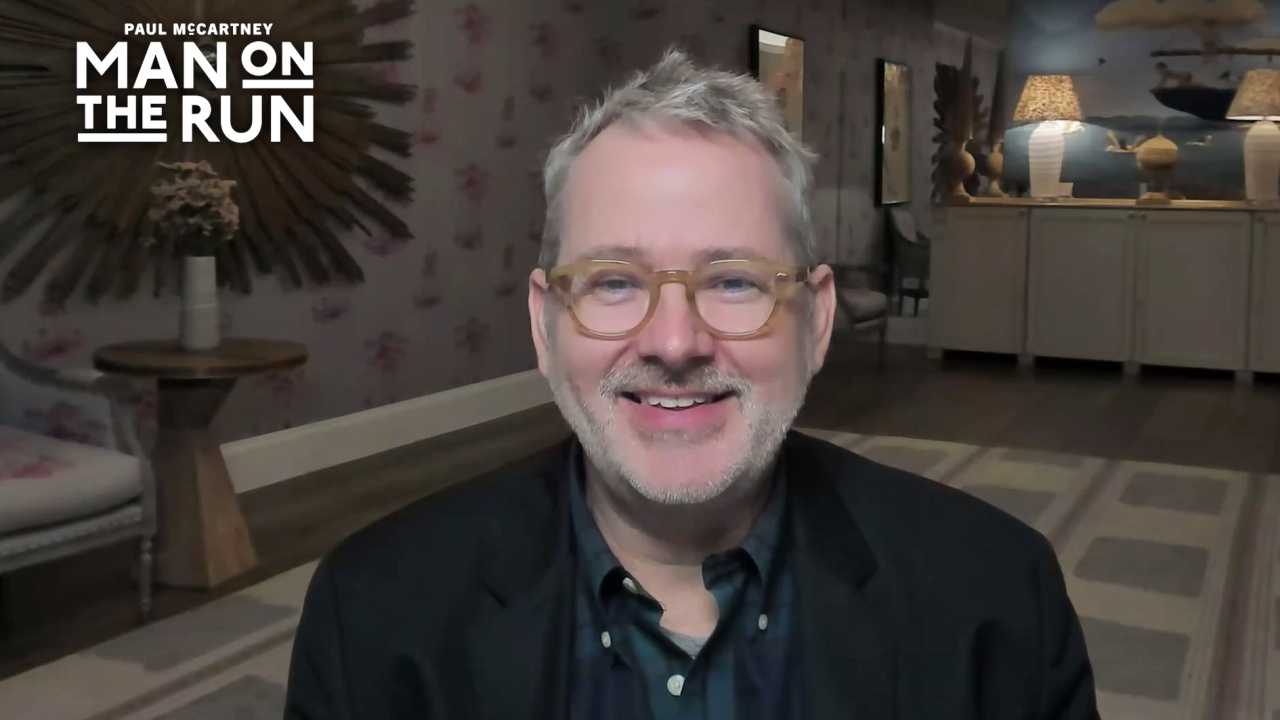
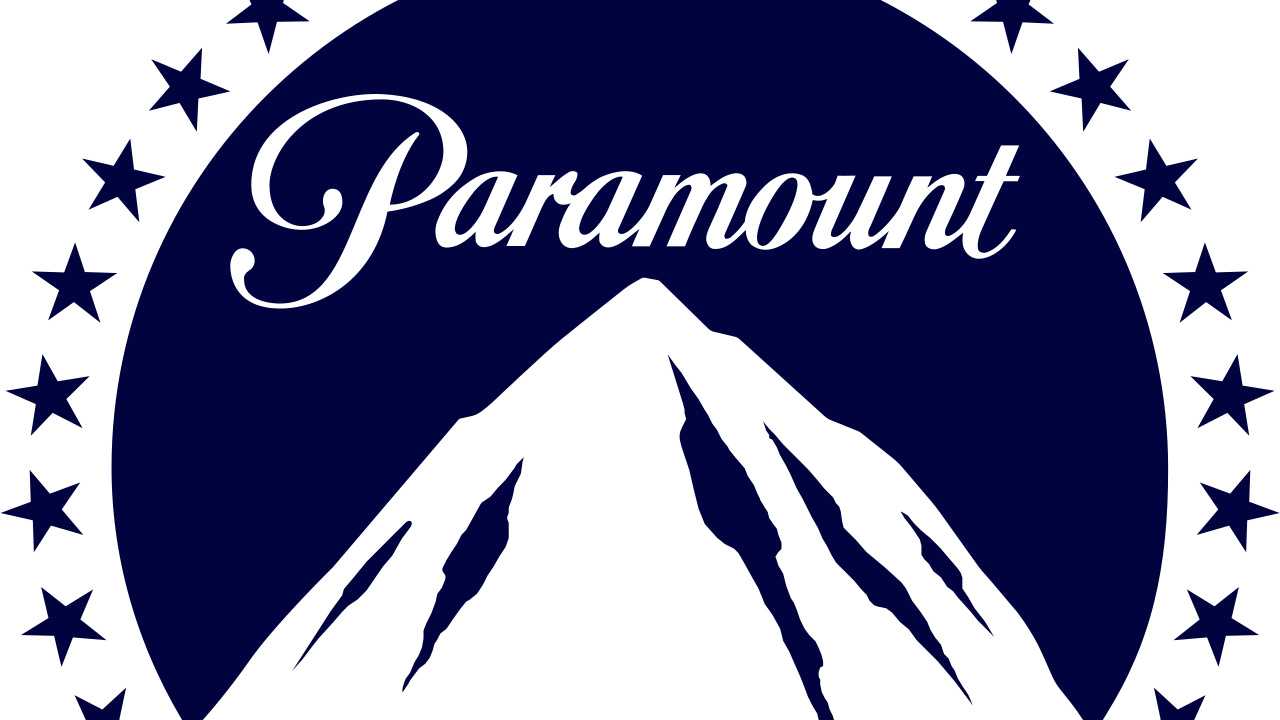
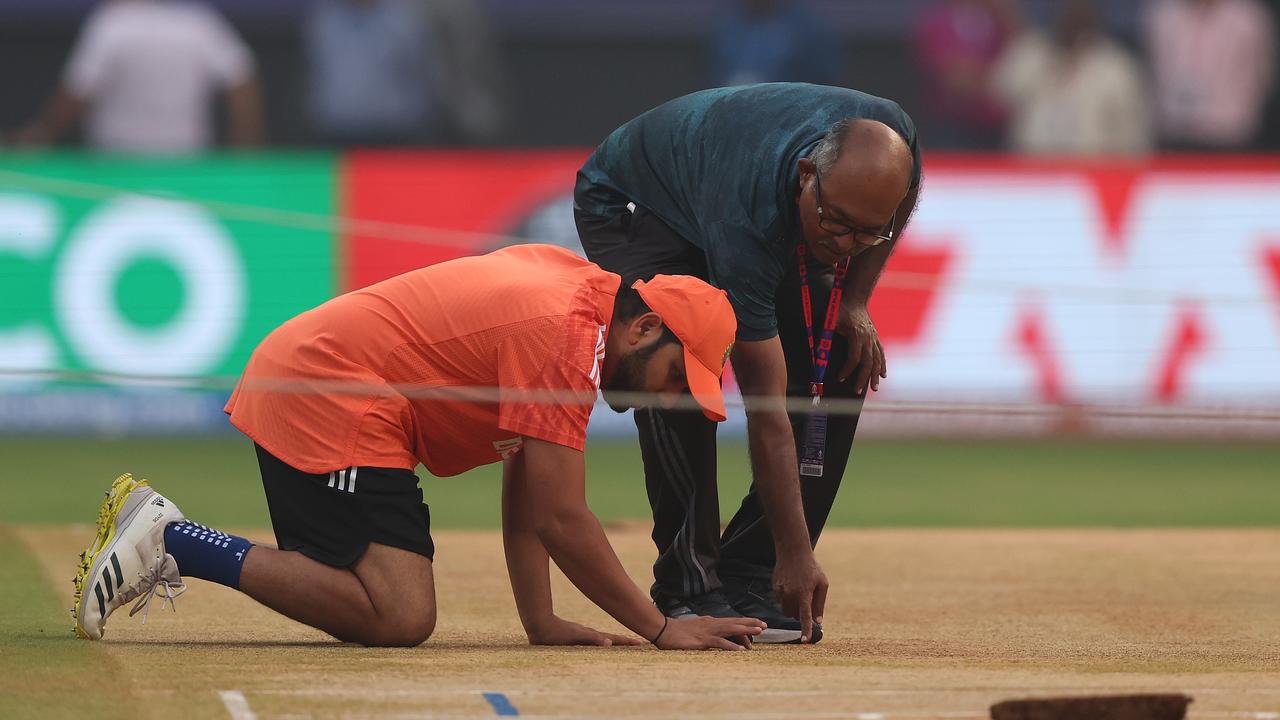



Discussion about this post